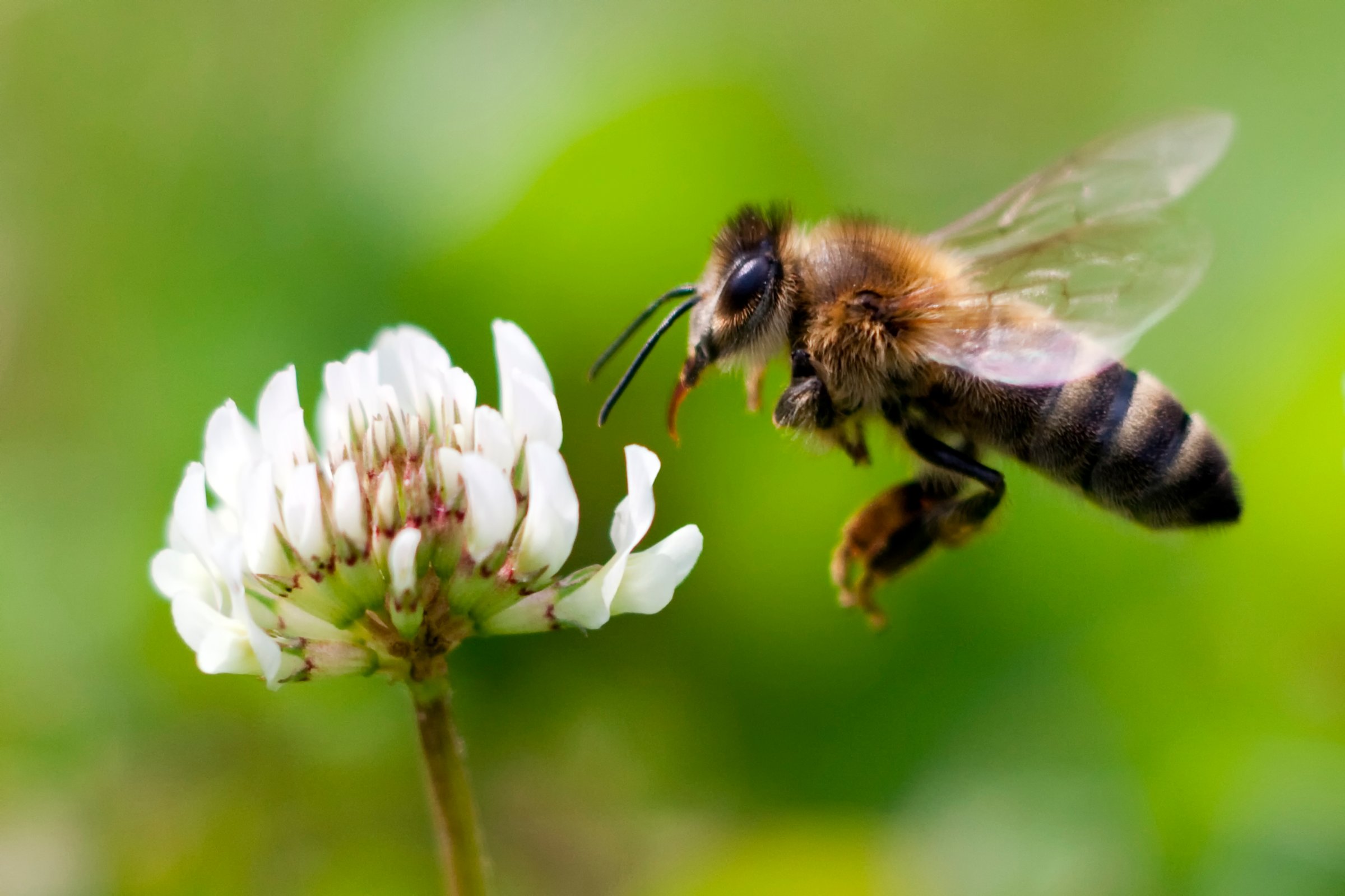
About three-fourths of honey from around the world contains some pesticides, according to a study published in Science Friday.
The study found that 75% of honey samples collected from nearly 200 sites across the globe contained at least one of five kinds of pesticides called neonicotinoids. Researchers tested 198 samples of honey from every continent, excluding Antarctica, and found that 45% of the samples contained two or more of the compounds that make up the pesticide and that 10% had at least four or five compounds.
“Our results confirm the exposure of bees to neonicotinoids in their food throughout the world,” researchers wrote. “The coexistence of neonicotinoids and other pesticides may increase harm to pollinators.”
Previous studies have found that neonicotinoids, which are a common type of insecticide, can impair the brain function of bees and slow down the growth of their colonies. The recent findings in Science suggest that bees throughout the world are exposed to neonicotinoids at a massive scale. Of the honey sampled, North America had the highest proportion of samples that had neonicotinoids at 86%, followed by Asia at 80% and Europe at 79%.
More Must-Reads from TIME
- Breaking Down the 2024 Election Calendar
- How Nayib Bukele’s ‘Iron Fist’ Has Transformed El Salvador
- What if Ultra-Processed Foods Aren’t as Bad as You Think?
- How Ukraine Beat Russia in the Battle of the Black Sea
- Long COVID Looks Different in Kids
- How Project 2025 Would Jeopardize Americans’ Health
- What a $129 Frying Pan Says About America’s Eating Habits
- The 32 Most Anticipated Books of Fall 2024
Write to Mahita Gajanan at mahita.gajanan@time.com